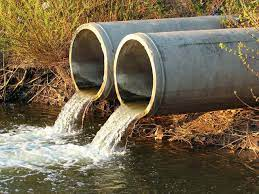Problems with drains and sewer pipes can cause headaches, not only due to the inconvenience that results, but also from trying to work out who is responsible for fixing the issue. To try and minimise your stress, let’s take a look at who is responsible for what, ensuring that you’re in the know if future problems arise.
Private and Public
In short, the water companies are responsible for public sewers, and residents are responsible for private drains. Local authorities also enter the mix as they are responsible for drains and gullies on highways.
Understanding responsibility
First of all, in order to work out who’s responsible for what, you can get a sewer map from your local water authority. You can find out who your water supplier is through the Water UK website.
In general, property owners (either residents or landlords) are responsible for maintaining drain pipes within the boundary of their property. Water companies are responsible for most shared sewer or drainage pipes, so it should be those who will be looking at solutions such as sewer pipe lining in Wolverhampton or wherever they are in the country.
You are responsible if private drains become blocked and you may need to enlist the services of a drain clearing company, while your local water company will have to call in experts in sewer pipe lining in Wolverhampton or elsewhere for shared and public pipes. For example, you will be responsible for the pipe that takes the waste from your toilet to your property boundary but once it enters the pipe system in the road and into the public sewer, issues become the responsibility of the water company.
Exception to the rule
It is worth noting that there is a caveat to this, however, as shared pipes may be the homeowner’s responsibility if the property was constructed after 2011.
Highway drainage
Blocked highway drains and gullies are the responsibility of your local authority, although the water companies do have some responsibility if sewers and drains overflow, for example.

